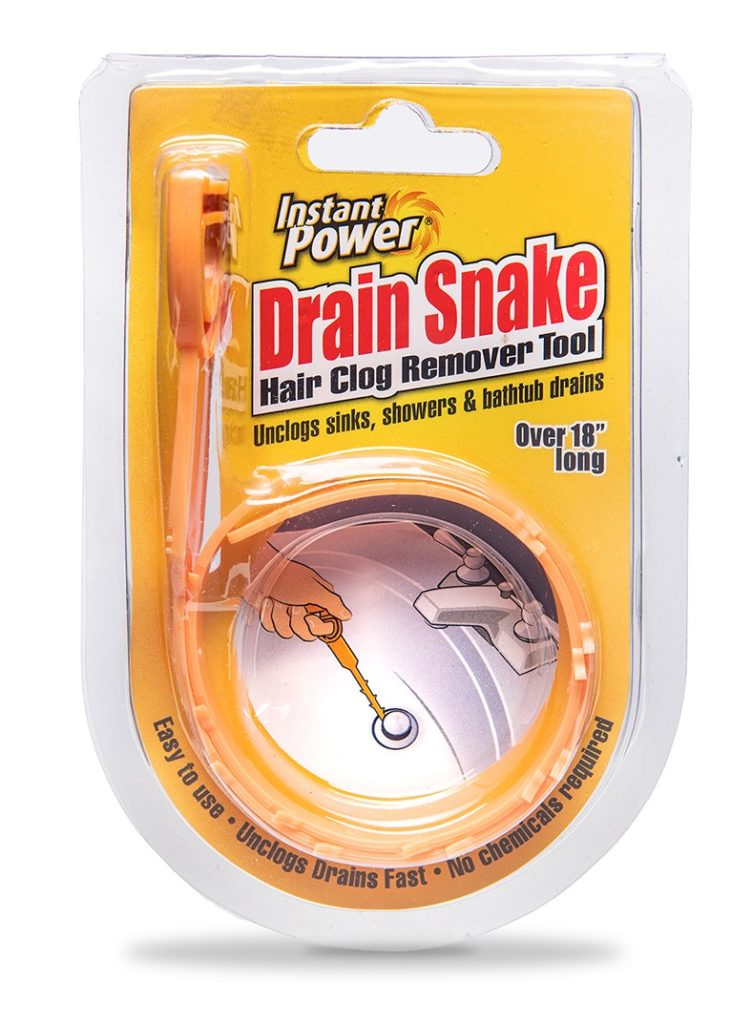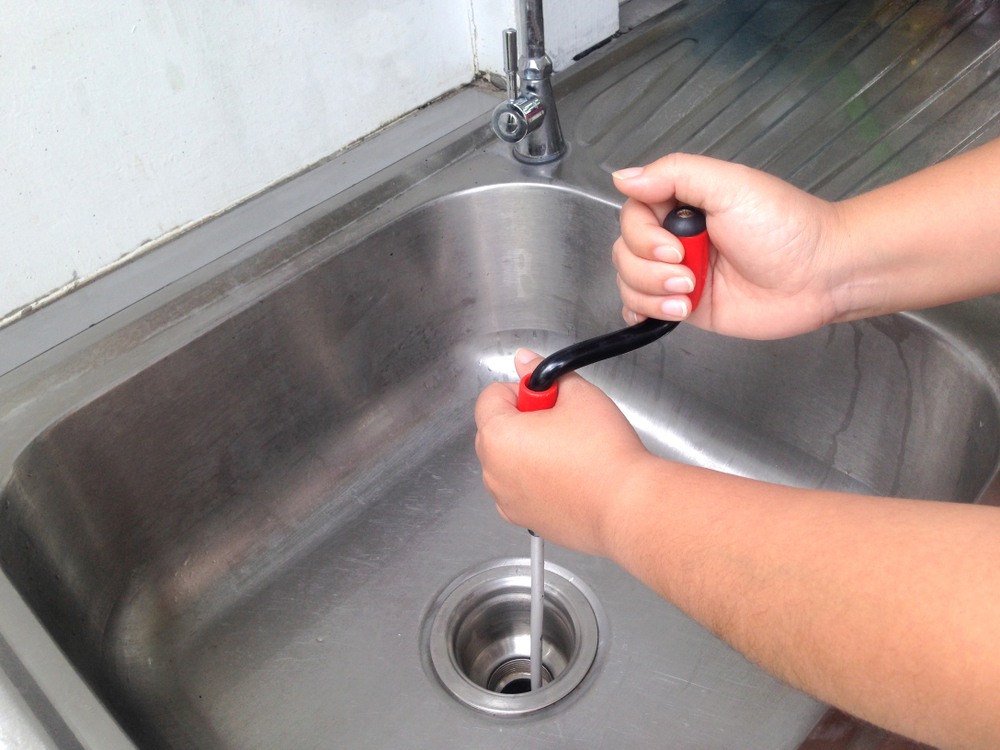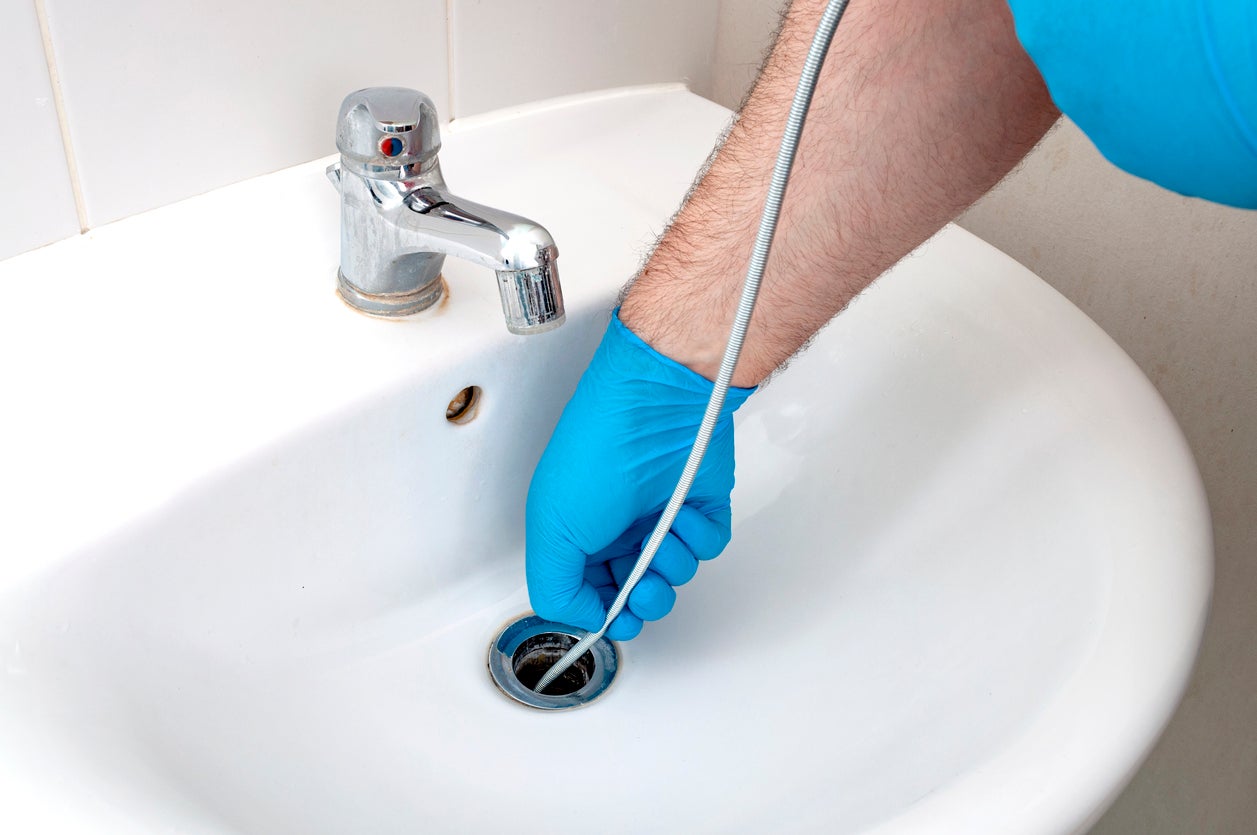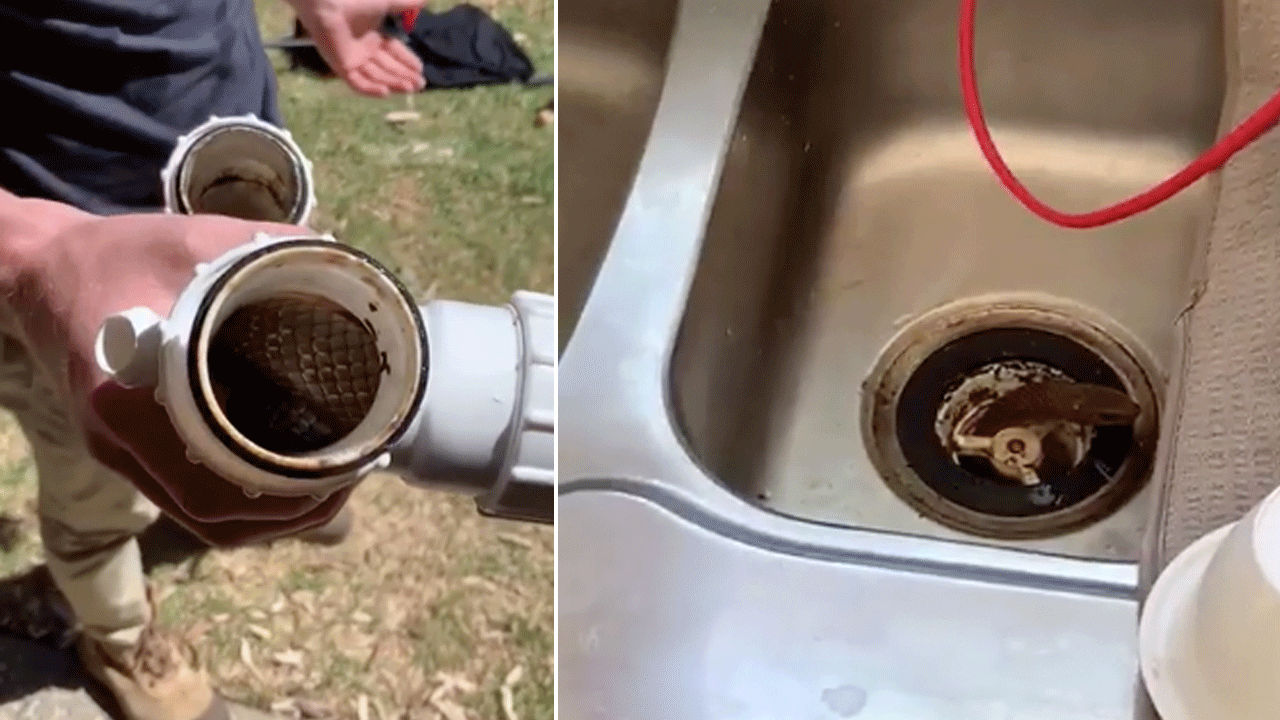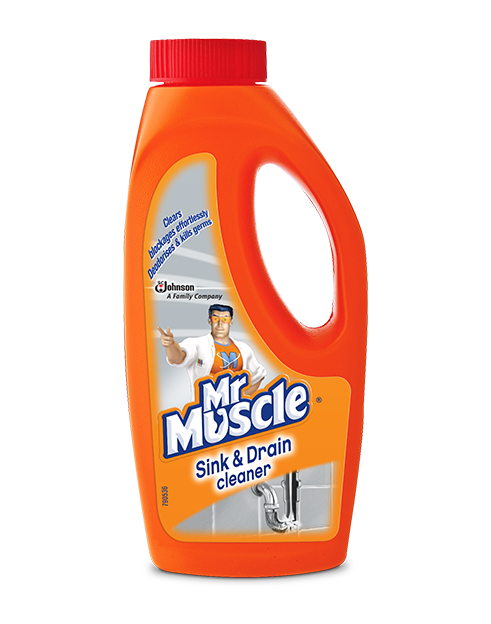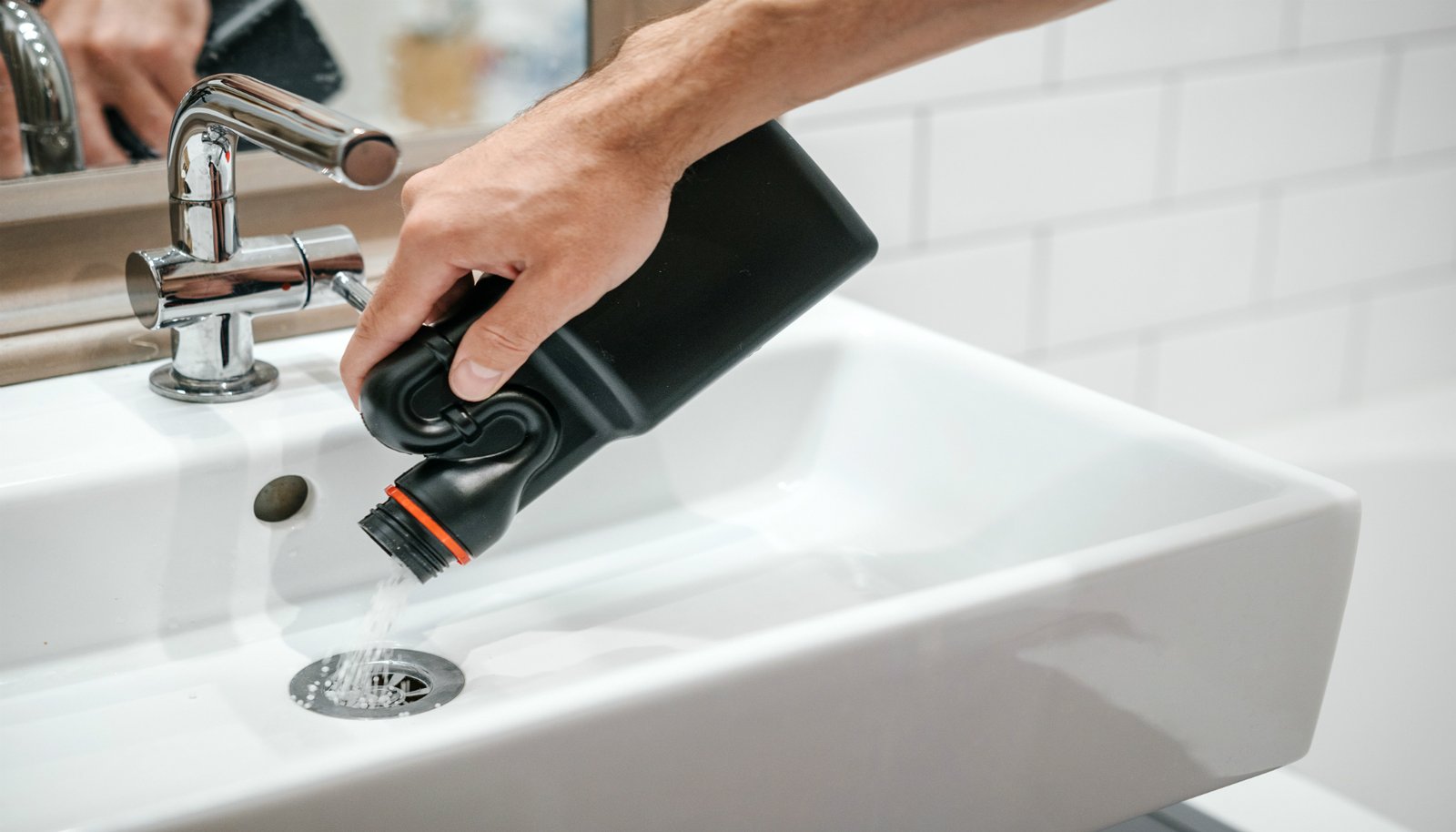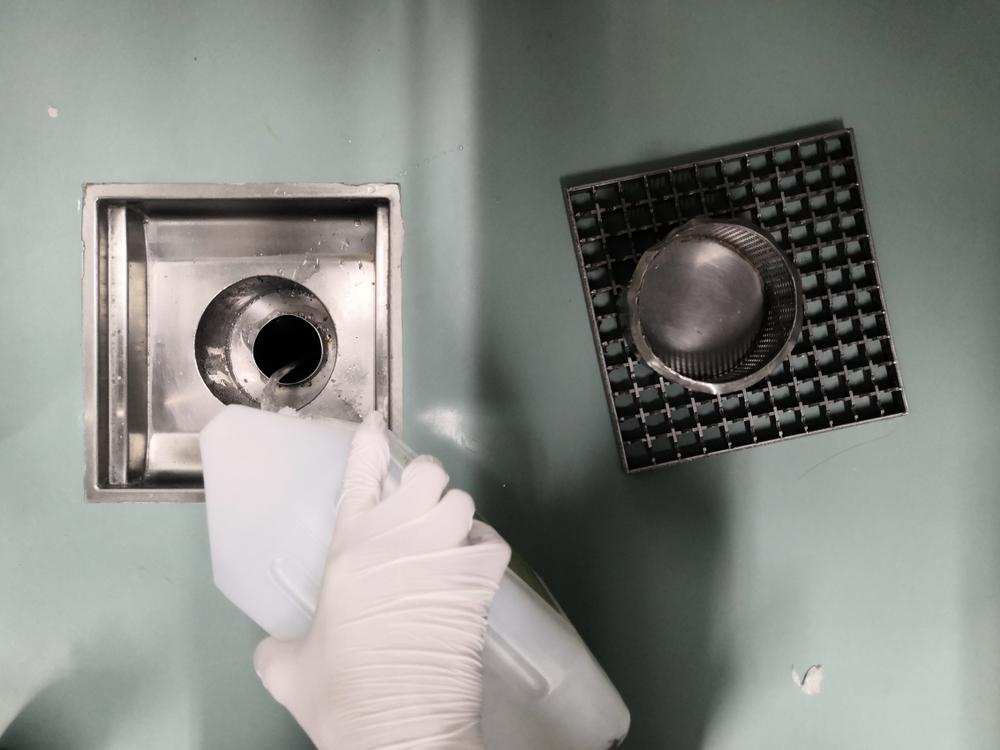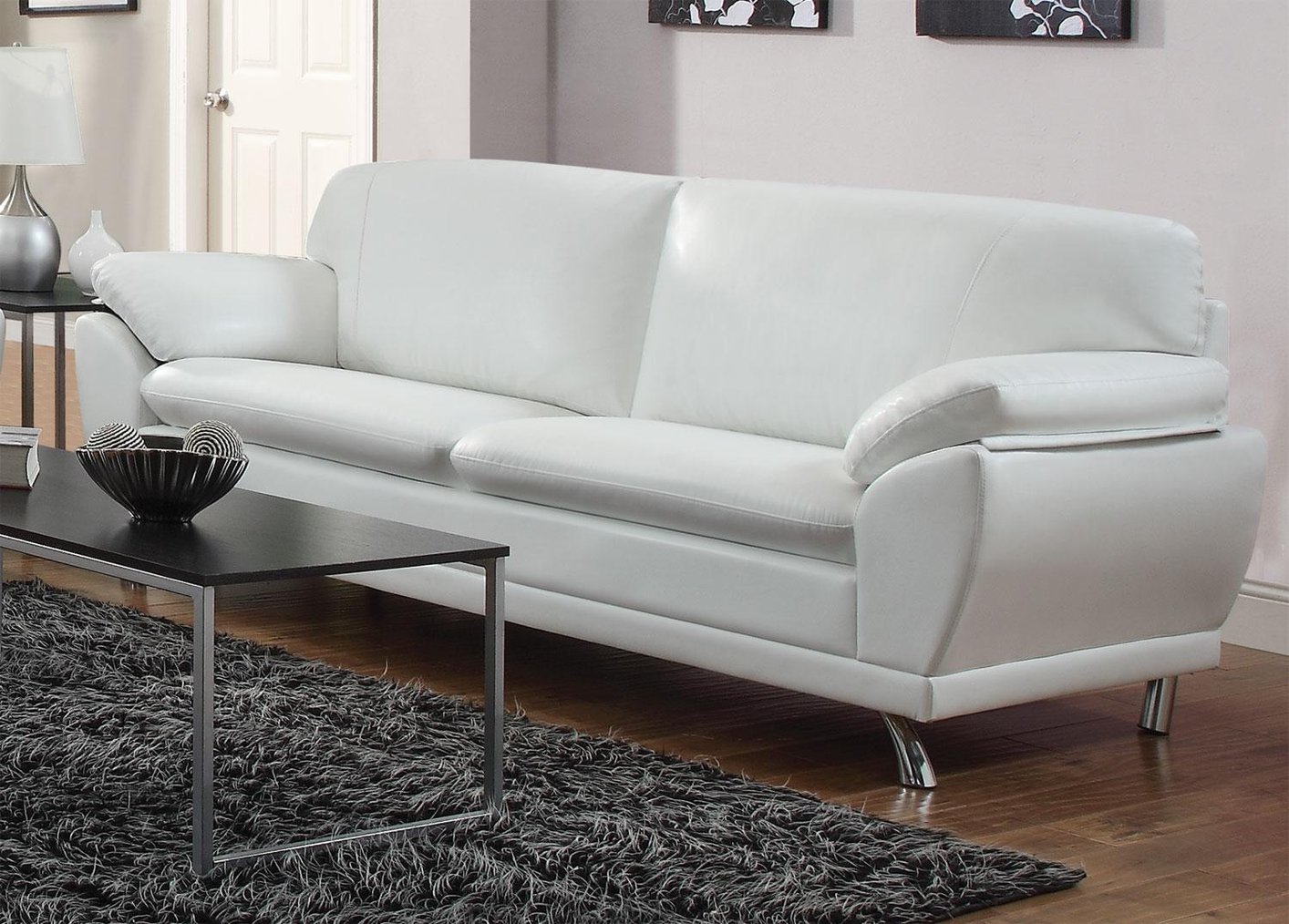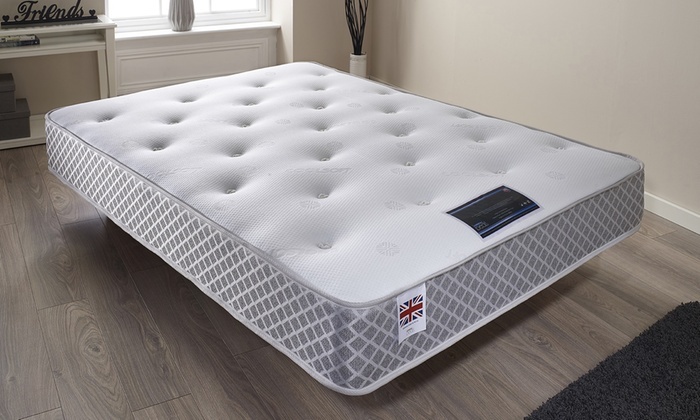Unclog a Kitchen Sink Drain
Kitchen sinks are essential for daily cooking and cleaning tasks, but a slow-draining sink can quickly become a frustrating and inconvenient problem. Ignoring a slow-draining sink can lead to a complete clog and potential water damage. Luckily, there are several easy and affordable solutions to unclog a kitchen sink drain and get your sink back to working efficiently. Here are the top 10 ways to fix a slow-draining kitchen sink.
How to Fix a Slow-Draining Kitchen Sink
If you notice your kitchen sink is draining slowly, the first step is to identify the cause of the issue. In most cases, a clog is the culprit, which can be caused by food particles, grease buildup, or foreign objects. To fix a slow-draining kitchen sink, try one of the following solutions.
DIY Solutions for a Slow-Draining Sink
If you prefer a more natural and chemical-free approach, there are several DIY solutions that can effectively unclog a kitchen sink drain. One popular method is to pour a mixture of hot water, baking soda, and vinegar down the drain. The chemical reaction between the two ingredients can help break down and dissolve clogs. Another DIY solution is to use a plunger to create suction and dislodge the clog. Make sure to cover the sink overflow with a wet cloth to ensure maximum suction.
Clearing a Clogged Kitchen Sink Drain
If the DIY solutions fail to unclog the sink, there are several tools that can help clear a clog. One option is a drain snake, which is a long flexible tool that can reach deep into the pipes to remove clogs. Another option is to use a plumbing auger, which is similar to a drain snake but has a rotating tip that can break up tougher clogs.
Troubleshooting a Slow-Draining Sink
If none of the solutions above work, it may be time to troubleshoot the issue further. Check the garbage disposal if your sink has one, as it could be the source of the clog. You can also try removing the p-trap, the curved pipe underneath the sink, and cleaning it out. Be sure to have a bucket and towels ready to catch any excess water that may spill out.
Easy Fixes for a Slow-Draining Kitchen Sink
If you're short on time and need a quick fix for a slow-draining sink, there are a few easy solutions that can provide temporary relief. One option is to use a chemical drain cleaner. These products contain strong chemicals that can dissolve clogs, but they can also be harsh on your pipes and the environment. Another quick fix is to use a plumbing snake specifically designed for kitchen sinks. These tools are compact and can easily reach clogs in the sink trap or further down the drain.
Preventing a Slow-Draining Kitchen Sink
The best way to deal with a slow-draining sink is to prevent it from happening in the first place. To avoid clogs, make sure to dispose of food scraps properly and avoid pouring grease down the drain. You can also regularly pour boiling water down the drain to help loosen and flush out any buildup. Additionally, installing a drain cover can help catch large debris and prevent it from entering the pipes.
Using Baking Soda and Vinegar to Unclog a Kitchen Sink
As mentioned earlier, a mixture of hot water, baking soda, and vinegar can be an effective DIY solution for a slow-draining kitchen sink. To use this method, start by pouring a pot of boiling water down the drain. Then, pour half a cup of baking soda followed by one cup of vinegar. Let the mixture sit for a few minutes, then pour another pot of boiling water down the drain to flush out the clog.
Snake a Kitchen Sink Drain
For tougher clogs, using a plumbing snake can be a more effective method than using a plunger. To use a snake, insert the end with the corkscrew tip into the drain and turn it clockwise while pushing it down the drain. This will help break up and dislodge the clog. Once the snake reaches the clog, slowly pull it out while continuing to turn it to grab onto the clog and pull it out.
Chemical Drain Cleaners for a Slow-Draining Sink
If all other methods fail, using a chemical drain cleaner can be a last resort. These products contain powerful chemicals that can dissolve clogs, but they can also be harsh on your pipes and the environment. Follow the instructions carefully and make sure to wear gloves and eye protection when handling these products. If the clog is still persistent, it may be time to call a professional plumber.
Kitchen Sink Slow Drain Pipe: Causes and Solutions

Introduction
 When it comes to house design, the kitchen is often considered the heart of the home. From cooking meals to gathering with family and friends, the kitchen is a busy and essential space. However, a clogged or slow drain pipe in the kitchen sink can quickly become a major inconvenience. Not only can it disrupt daily tasks, but it can also lead to unpleasant odors and potential water damage. In this article, we will explore the main causes of a slow drain pipe in the kitchen sink and provide some solutions to help get your kitchen back in working order.
When it comes to house design, the kitchen is often considered the heart of the home. From cooking meals to gathering with family and friends, the kitchen is a busy and essential space. However, a clogged or slow drain pipe in the kitchen sink can quickly become a major inconvenience. Not only can it disrupt daily tasks, but it can also lead to unpleasant odors and potential water damage. In this article, we will explore the main causes of a slow drain pipe in the kitchen sink and provide some solutions to help get your kitchen back in working order.
Causes of a Slow Drain Pipe
 There are several factors that can contribute to a slow drain pipe in the kitchen sink. One of the most common causes is the buildup of food particles, grease, and other debris in the pipe. Over time, these substances can accumulate and create a blockage, restricting the flow of water and causing it to drain slowly. Another common culprit is a clogged or damaged drain pipe. This can occur due to old pipes, foreign objects being flushed down the drain, or tree roots growing into the pipes. Additionally, hard water can also contribute to a slow drain as mineral deposits can build up and cause blockages.
There are several factors that can contribute to a slow drain pipe in the kitchen sink. One of the most common causes is the buildup of food particles, grease, and other debris in the pipe. Over time, these substances can accumulate and create a blockage, restricting the flow of water and causing it to drain slowly. Another common culprit is a clogged or damaged drain pipe. This can occur due to old pipes, foreign objects being flushed down the drain, or tree roots growing into the pipes. Additionally, hard water can also contribute to a slow drain as mineral deposits can build up and cause blockages.
Solutions for a Slow Drain Pipe
 If you are experiencing a slow drain pipe in your kitchen sink, there are a few solutions you can try before calling a professional plumber. One of the most effective ways to clear a clog is by using a plunger. Be sure to cover the overflow drain with a wet cloth before plunging to create a stronger seal. You can also try using a plumbing snake to reach deeper into the pipes and remove any blockages. For hard water buildup, a mixture of baking soda and vinegar can help dissolve the mineral deposits. However, if these DIY methods do not work, it may be time to call in a professional plumber who can use specialized tools to clear the blockage.
If you are experiencing a slow drain pipe in your kitchen sink, there are a few solutions you can try before calling a professional plumber. One of the most effective ways to clear a clog is by using a plunger. Be sure to cover the overflow drain with a wet cloth before plunging to create a stronger seal. You can also try using a plumbing snake to reach deeper into the pipes and remove any blockages. For hard water buildup, a mixture of baking soda and vinegar can help dissolve the mineral deposits. However, if these DIY methods do not work, it may be time to call in a professional plumber who can use specialized tools to clear the blockage.
Preventing Future Slow Drain Pipe Issues
 To prevent a slow drain pipe in the future, it is important to practice good maintenance habits. Avoid pouring grease, oil, and food scraps down the drain as these can easily cause clogs. Consider installing a drain strainer to catch any debris and regularly clean it out. It is also recommended to have your pipes professionally inspected every few years to catch any potential issues before they become major problems.
In conclusion, a slow drain pipe in the kitchen sink can be a frustrating issue to deal with. By understanding the main causes and implementing preventative measures, you can keep your kitchen sink draining smoothly. If DIY methods do not work, be sure to seek professional help to properly address the issue and prevent any further damage. With proper maintenance, you can keep your kitchen sink in top working condition for years to come.
To prevent a slow drain pipe in the future, it is important to practice good maintenance habits. Avoid pouring grease, oil, and food scraps down the drain as these can easily cause clogs. Consider installing a drain strainer to catch any debris and regularly clean it out. It is also recommended to have your pipes professionally inspected every few years to catch any potential issues before they become major problems.
In conclusion, a slow drain pipe in the kitchen sink can be a frustrating issue to deal with. By understanding the main causes and implementing preventative measures, you can keep your kitchen sink draining smoothly. If DIY methods do not work, be sure to seek professional help to properly address the issue and prevent any further damage. With proper maintenance, you can keep your kitchen sink in top working condition for years to come.




:max_bytes(150000):strip_icc()/freshen-and-unclog-drain-with-baking-soda-1900466-22-bbf940b70afa4d5abef0c54da23b1d3f.jpg)



















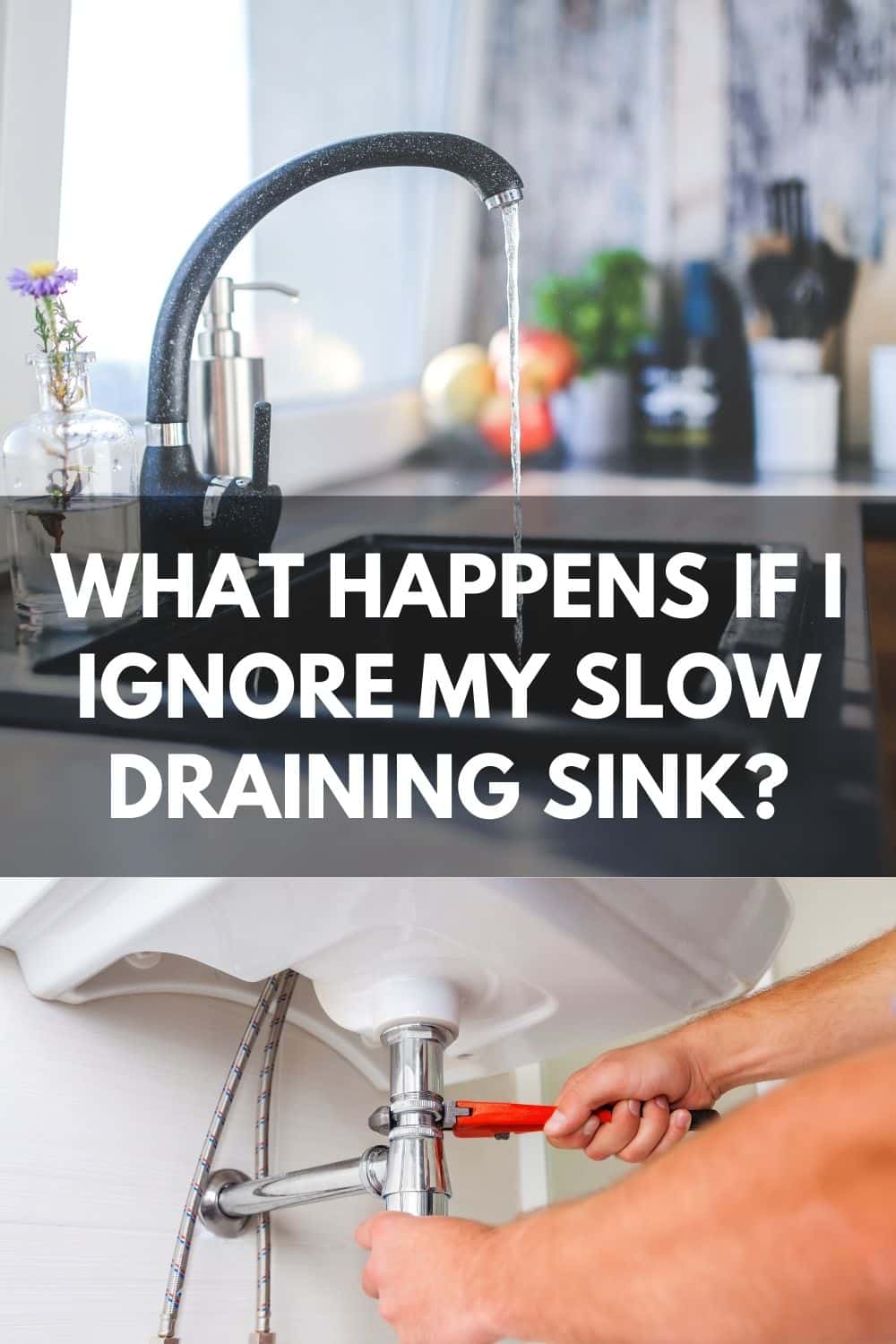











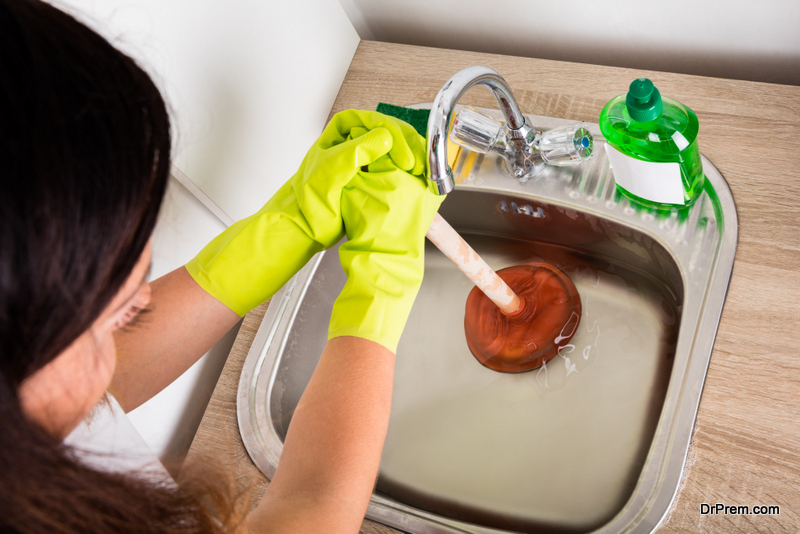

:max_bytes(150000):strip_icc()/freshen-and-unclog-drain-with-baking-soda-1900466-22-bbf940b70afa4d5abef0c54da23b1d3f.jpg)
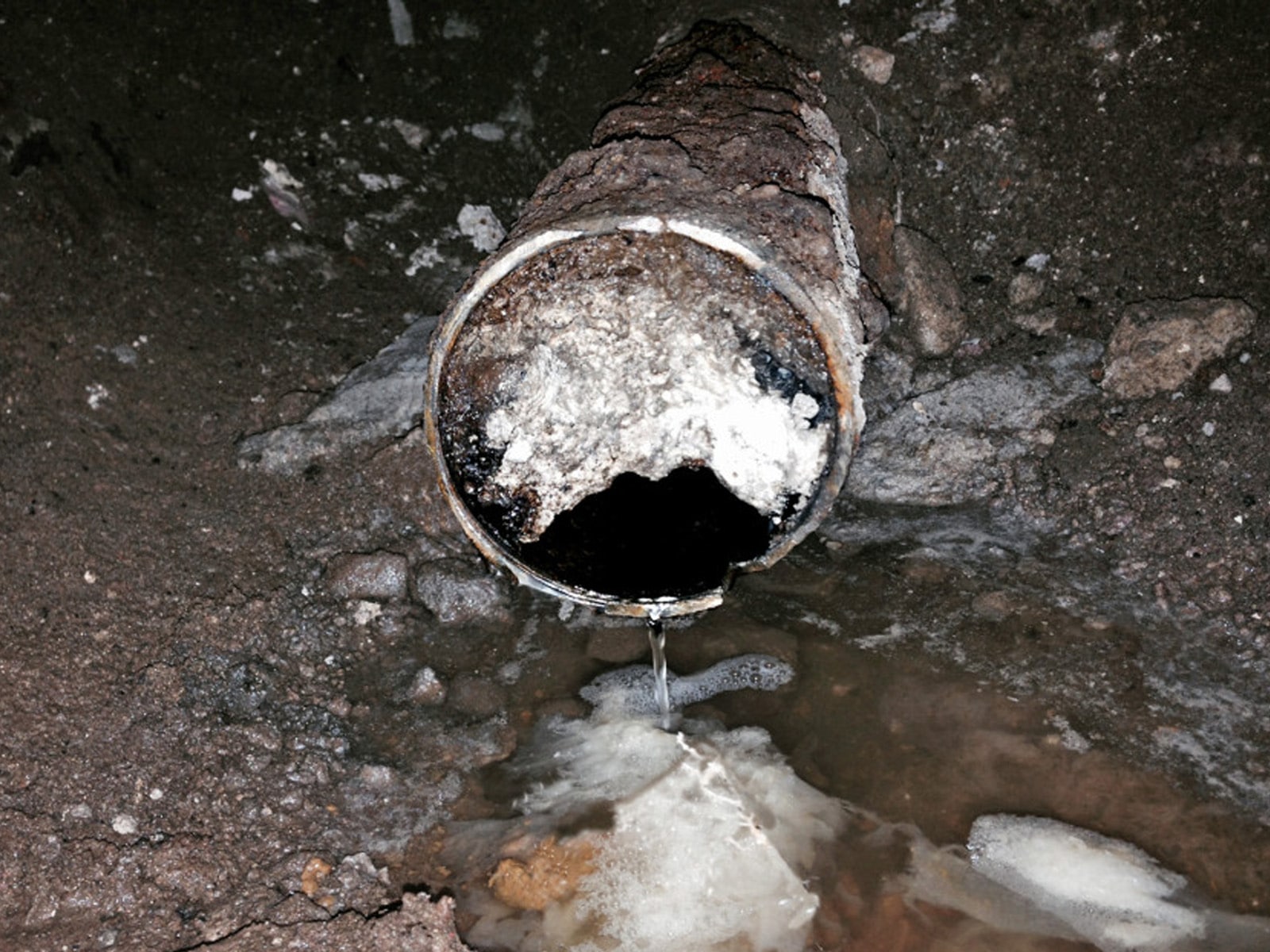








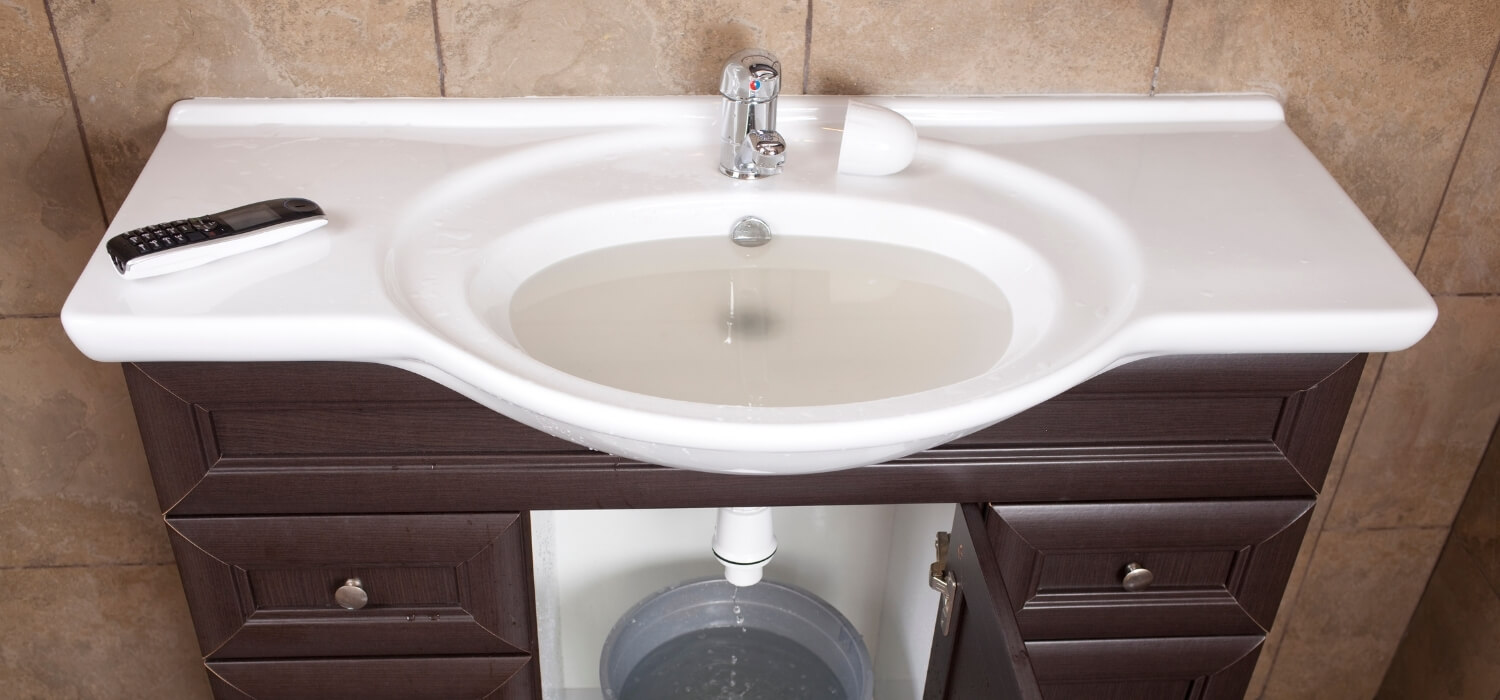





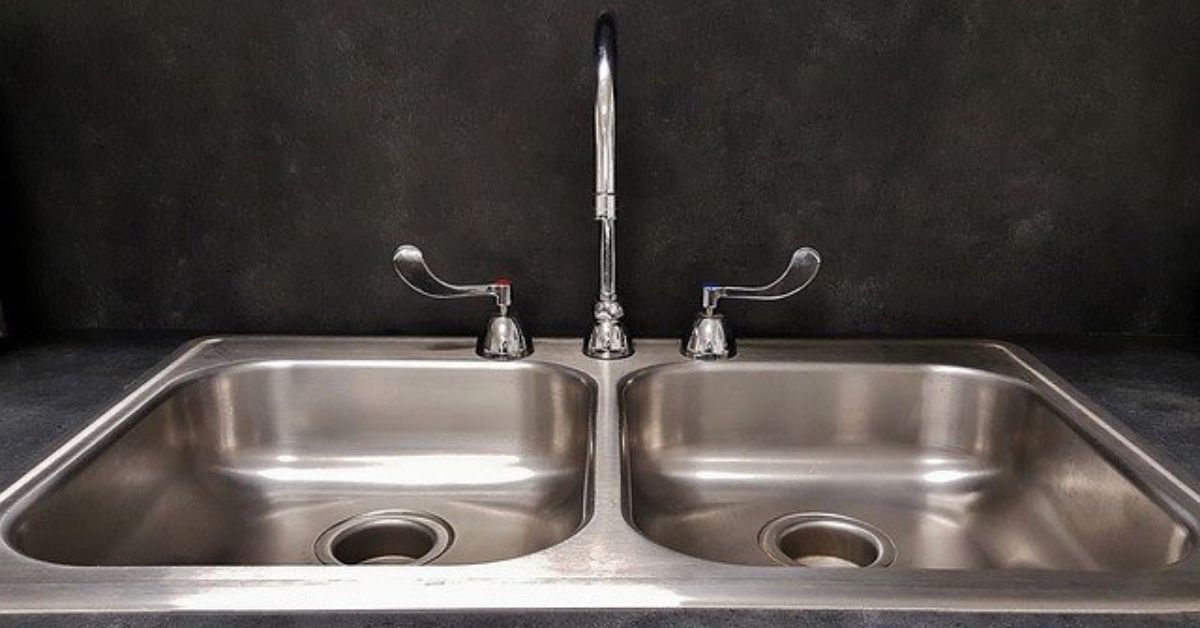
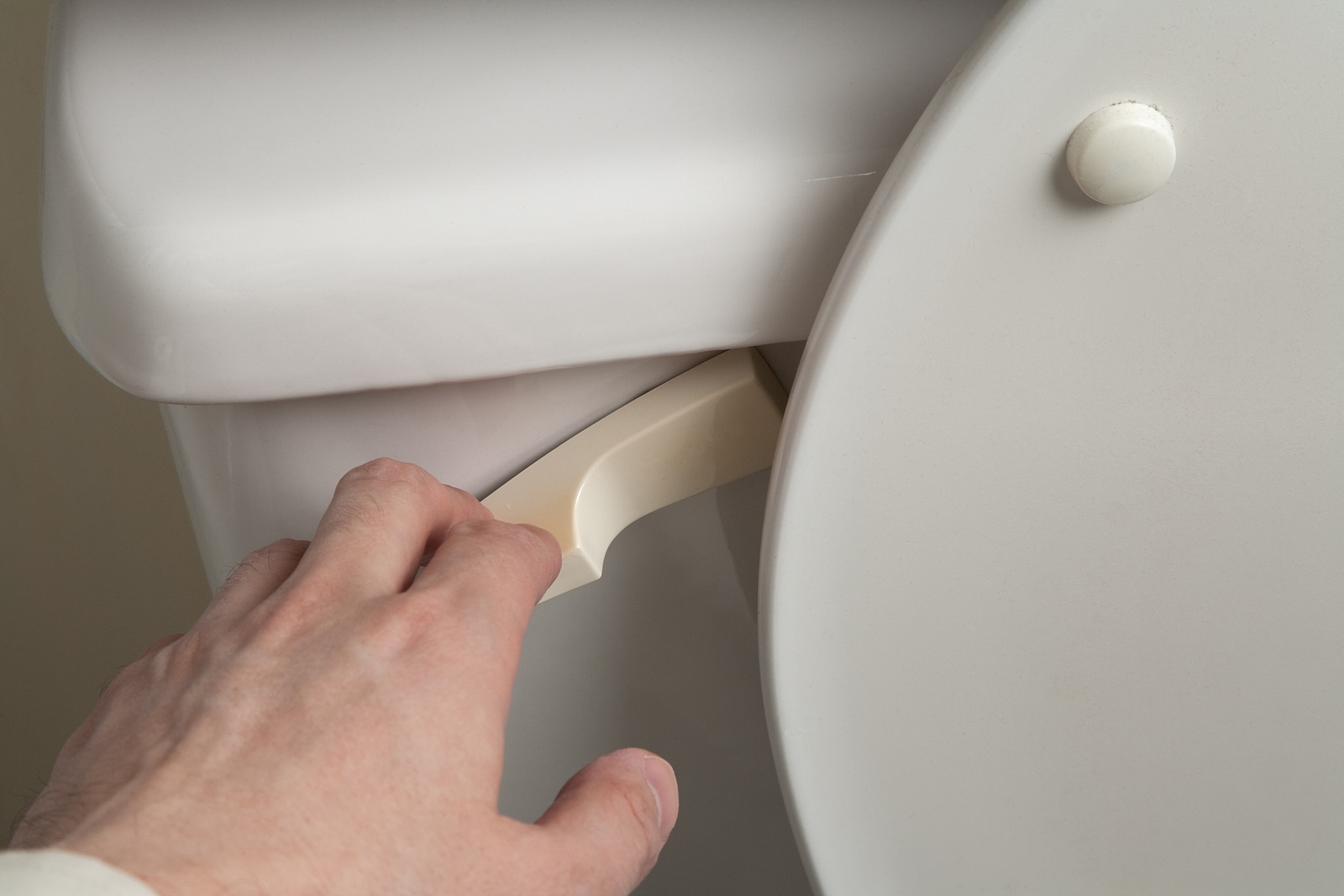



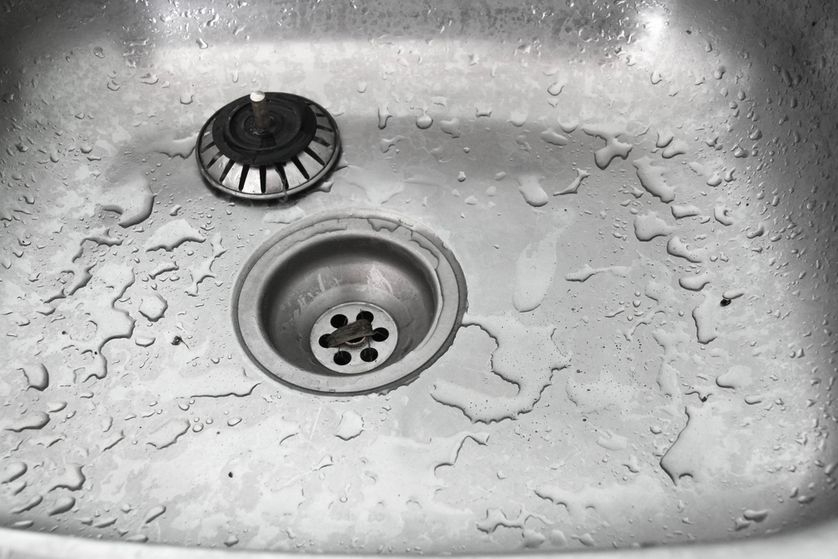

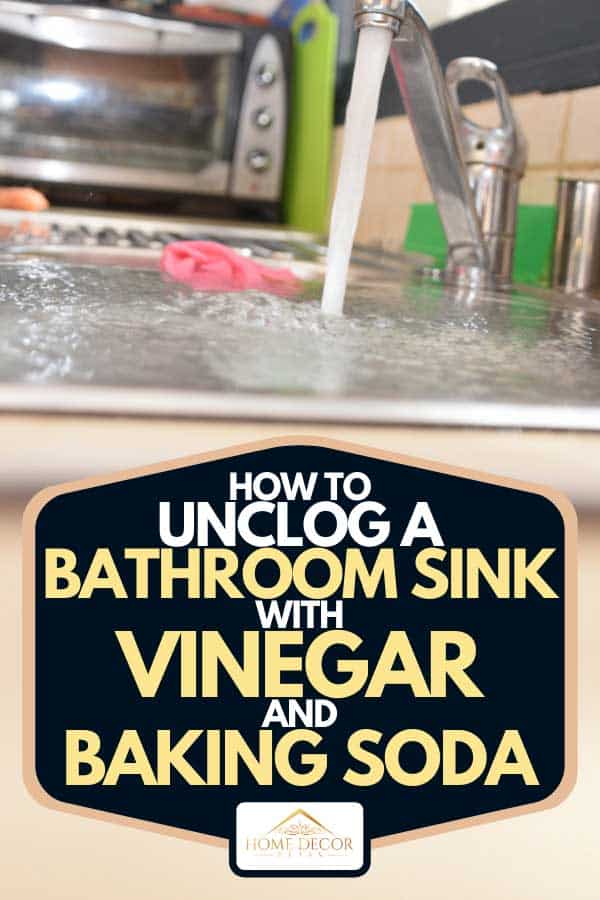

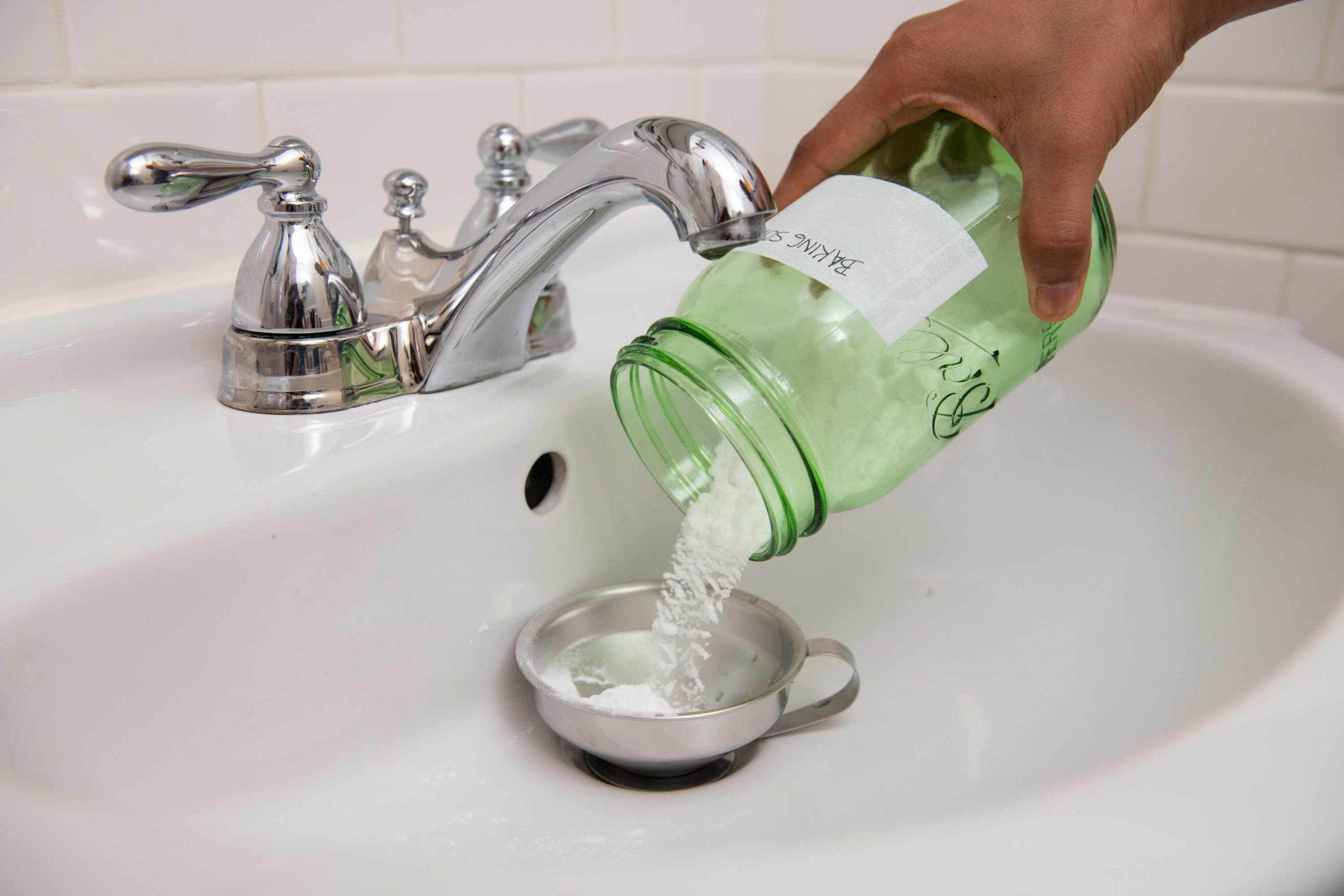

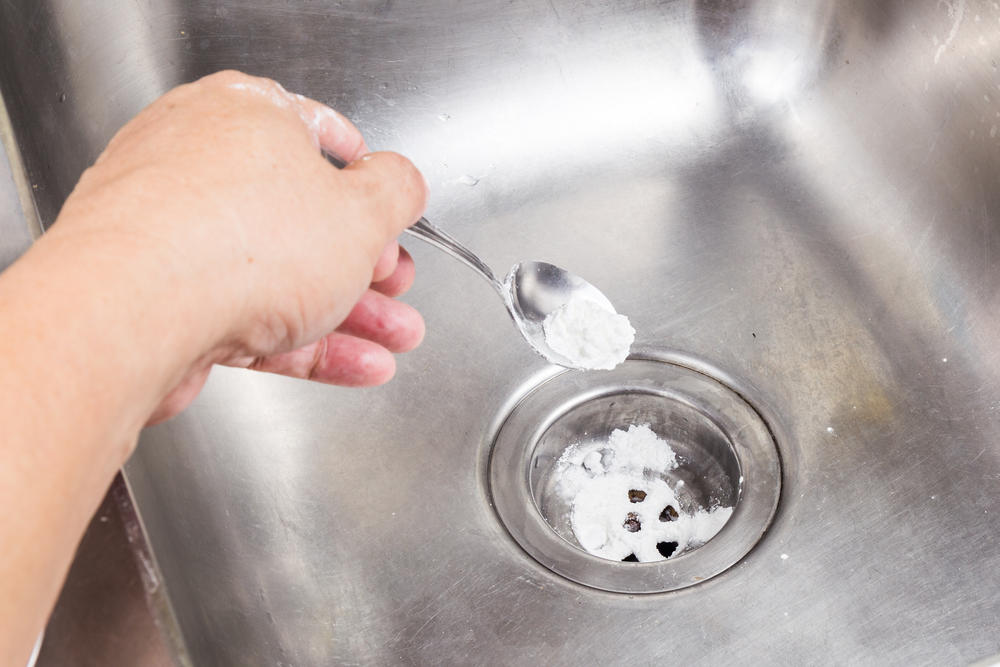



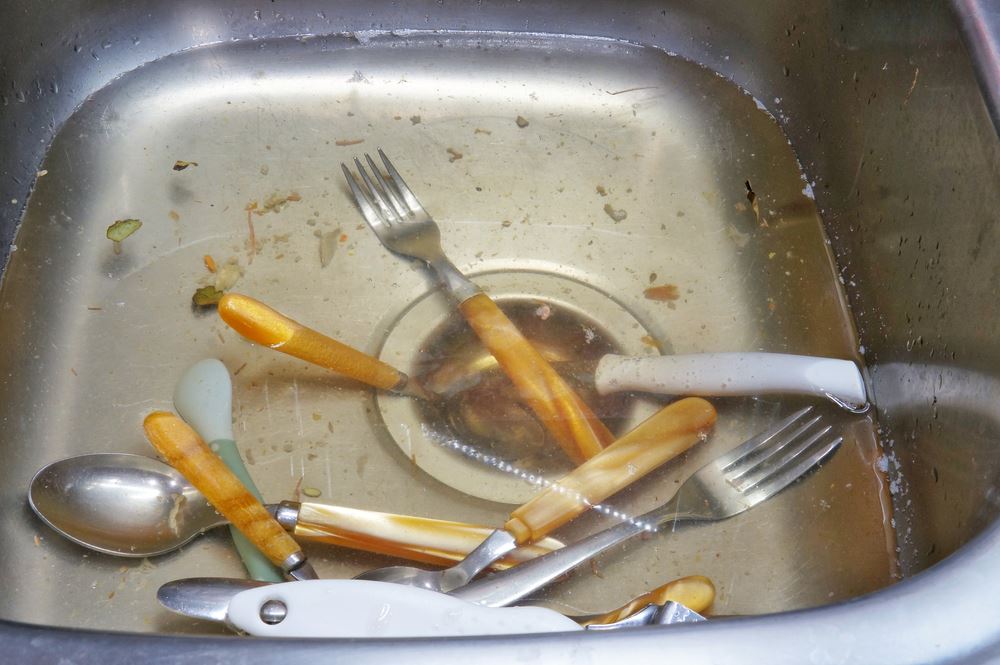

:max_bytes(150000):strip_icc()/freshen-and-unclog-drain-with-baking-soda-1900466-18-1a5b5da01939471ca8f8823865bd1ce8.jpg)
